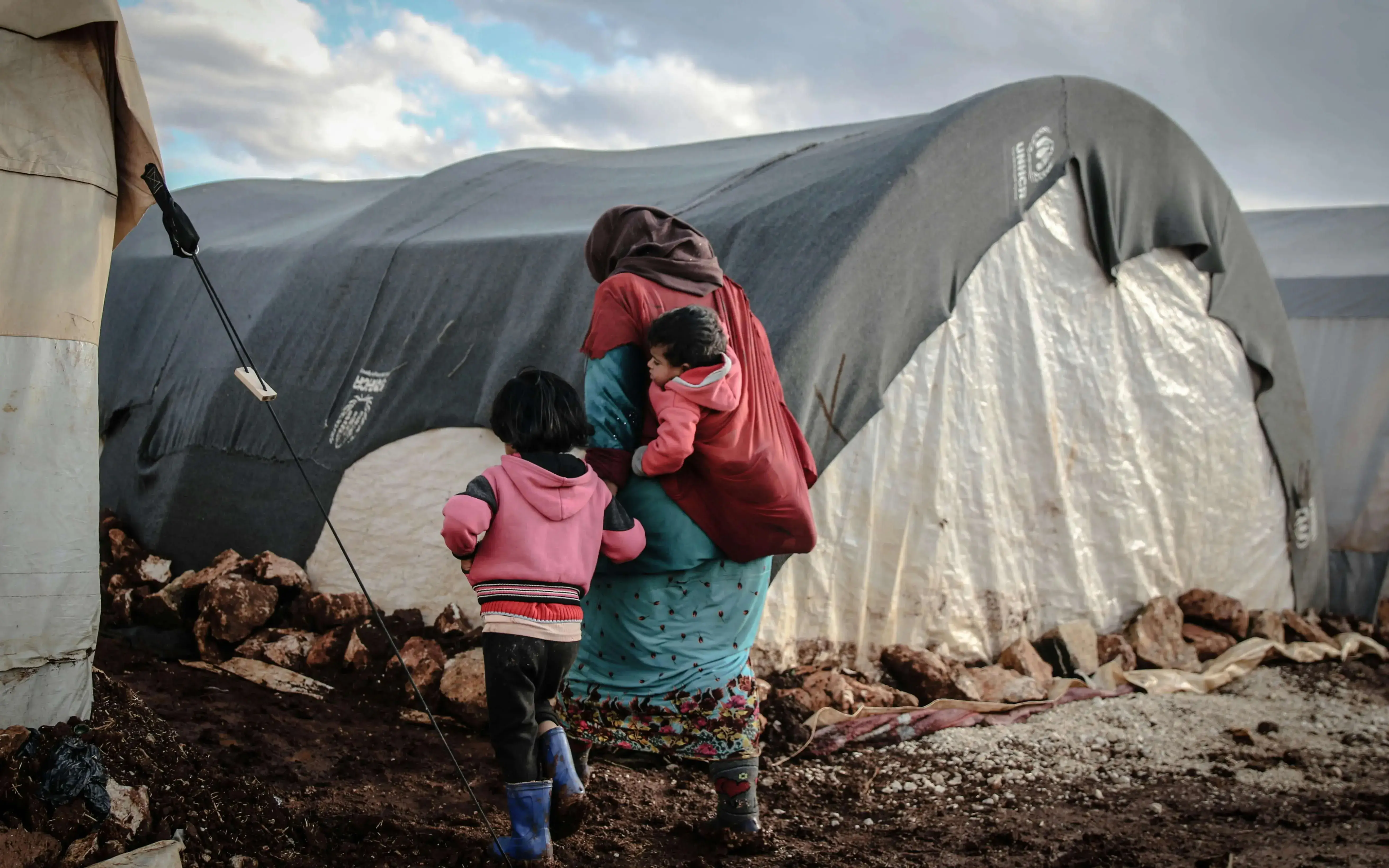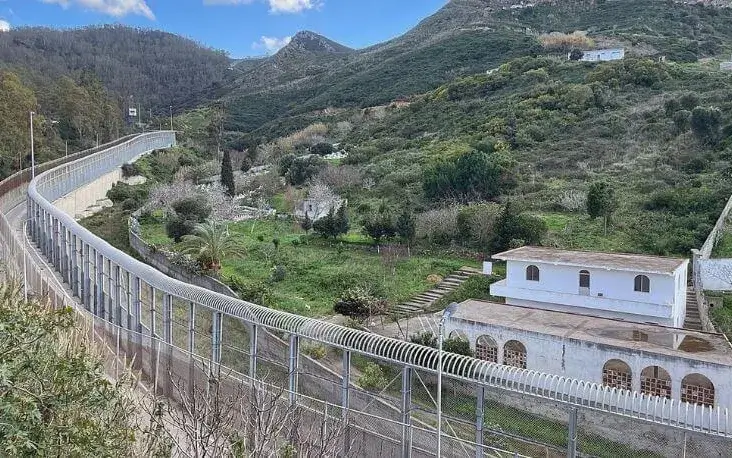The Catalan Commission for Refugee Assistance rejects the plan announced by the President of the European Commission to curb the migration crisis and demands addressing the situation 'with a humanitarian and protective approach.
In recent days, the residents of Lampedusa have raised their voices to say 'enough' and have mobilized to denounce the unsustainable situation on the island. Contrary to what many politicians and media outlets want to make people believe, the population is not protesting against the massive arrival of refugees on the island – it is estimated that about ten thousand have landed in three days – but against the lack of measures and support from the Italian government and the EU for these people, who are exposed to various rights violations and situations of absolute vulnerability.
Proof of this can be found in the words of Giacomo Sferlazzo, a resident of Lampedusa and one of the organizers of the protests: 'They come here, lock themselves in a room, and say the same things as always, when what they should be saying is, 'Stay calm, we are working for your peace, for the rights of migrants, and to maintain a situation of calm where all our rights are guaranteed,' he stated in statements collected by the newspaper El País.
Protests have intensified with the lightning visit of the President of the European Commission, Ursula Von der Leyen, to Lampedusa, who was invited to the island by Italian Prime Minister Giorgia Meloni. In response to the situation in Lampedusa, the European leader has presented a ten-point European action plan to contain the migration crisis. 'We have to decide who enters the European Union (EU), not the traffickers,' she has said.
The reality is that, with this new and umpteenth plan announced with great fanfare, it's more of the same. The solution proposed by Brussels now offers nothing new; on the contrary, it advocates deepening measures that have proven to be ineffective and, worse, contrary to the most basic rights of individuals.
Outsourcing of borders, detention, and criminalization of migrants
This is reiterated by the Catalan Commission for Refugee Action (CCAR) in a statement, in which it strongly rejects the ten-point plan announced by Von der Leyen because it only calls for an increase in deportations, reinforcing the role of Frontex, deepening agreements with third countries that violate human rights, and proposing accelerated procedures lacking guarantees.
In other words, it insists on policies that reinforce the outsourcing of borders, migrant detention, the criminalization of migrants, and the neglect of guarantees in asylum right and the protection of refugees.
These measures are in line with those applied and advocated by the far-right Italian Prime Minister, Giorgia Meloni, who has announced that she will extend the administrative detention of migrants and asylum seekers in spaces called Repatriation Centers for Migrants, comparable to the Immigration Detention Centers (CIEs) in Spain, where human rights are systematically violated.
The closure and repression of refugees not only cause suffering but also reinforce stereotypes, criminalize individuals and communities, and contribute to the increase of hate speech and racist attacks," emphasizes the CCAR. These deficiencies in the European reception system, which are not new, require an emergency response to situations like the one in Lampedusa.
In this scenario, the organization urgently calls on Europe to immediately address the situation in Lampedusa "with a humanitarian and protective approach," involving professionals who can early detect vulnerable profiles and ensure medical care, legal advice, and psychosocial support for people in transit.
Furthermore, the CCAR demands a halt to "policies of detention and criminalization" of migrants and the establishment of "legal and safe pathways" for seeking asylum. It cites examples such as resettlement, humanitarian corridors, and visa exemptions. At the same time, it calls for an end to border outsourcing policies "that create serious situations of lack of protection and vulnerability" for migrants and refugees.
A campaign to warn about the consequences of the EU's migration and asylum pact
The situation in Lampedusa coincides with negotiations to approve a new EU Migration and Asylum Pact, which, as currently proposed, has generated criticism and opposition among organizations working for the rights of refugees and asylum seekers.
The CCAR itself has launched the campaign #AixòÉsEuropa (This is Europe) to highlight the potential consequences of approving the current migration pact proposal, which deepens policies that "violate the rights of refugees and migrants by strengthening the return system, reinforcing the fortification of border outsourcing, and deteriorating procedural guarantees at the border, even jeopardizing the principle of non-refoulement.
All of this is taking place given the crucial role that Spain must play in the negotiation of the pact, as it holds the presidency of the Council of the EU during the second half of the year and will have to lead the process.
In such a decisive moment in the negotiations, which will determine whether the pact protects and guarantees the rights of migrants and refugees or poses serious risks to their lives, the CCAR calls on the Spanish government and the other member states to "assume responsibilities in the reception of refugees and prioritize human rights during the negotiations of the new European Migration and Asylum Pact," emphasizing, "It is time to demand a pact that protects refugees".









Add new comment